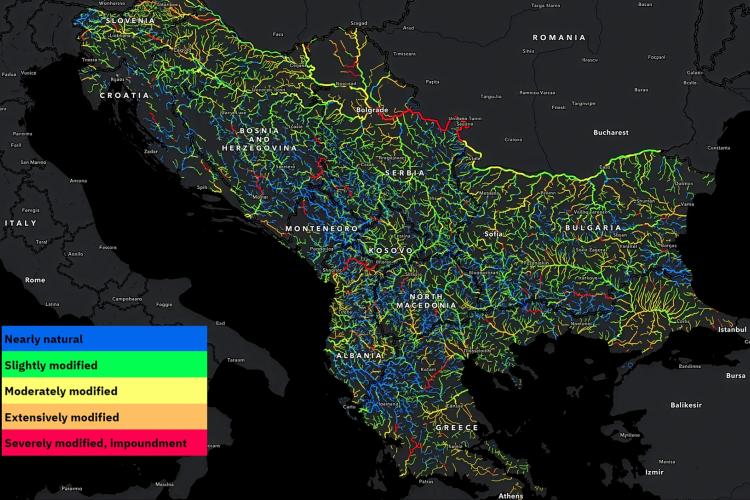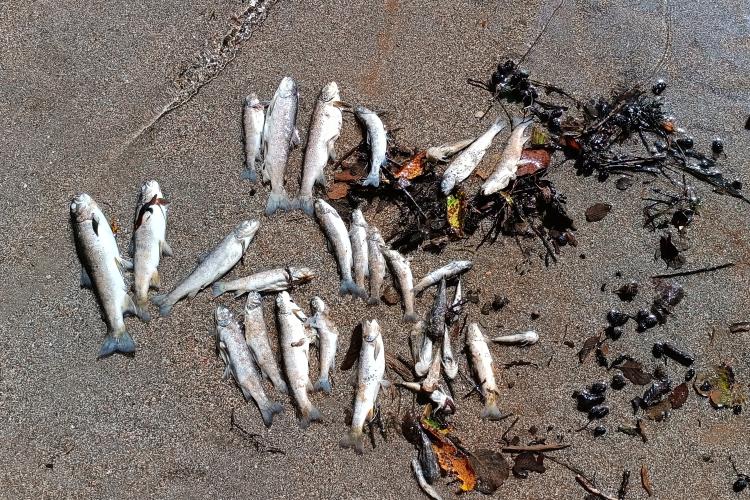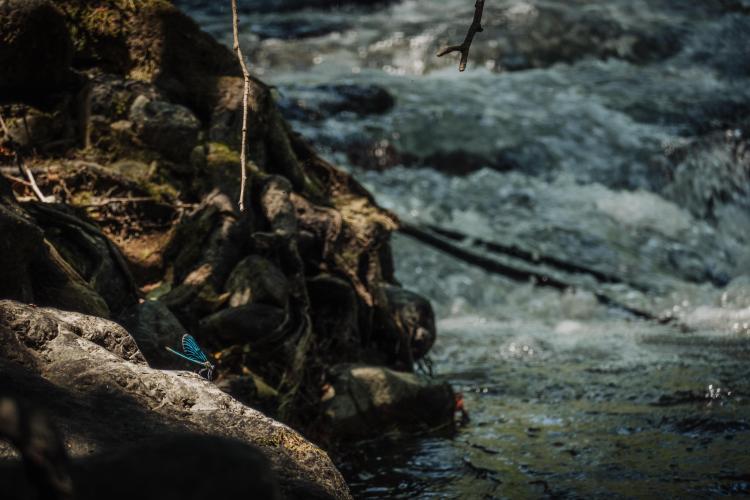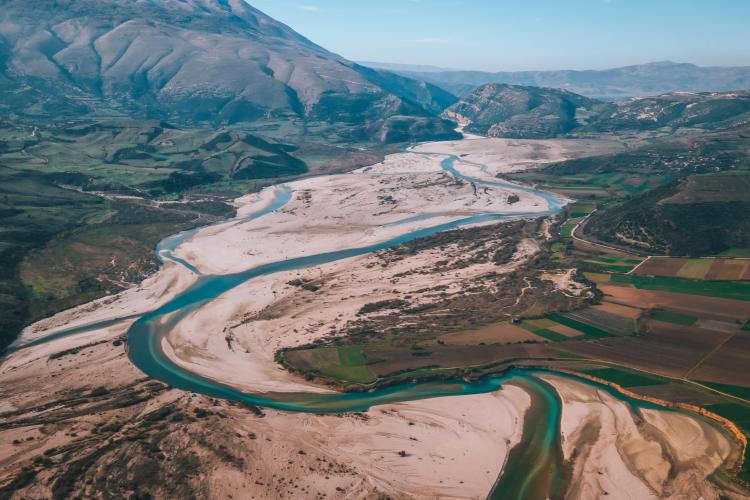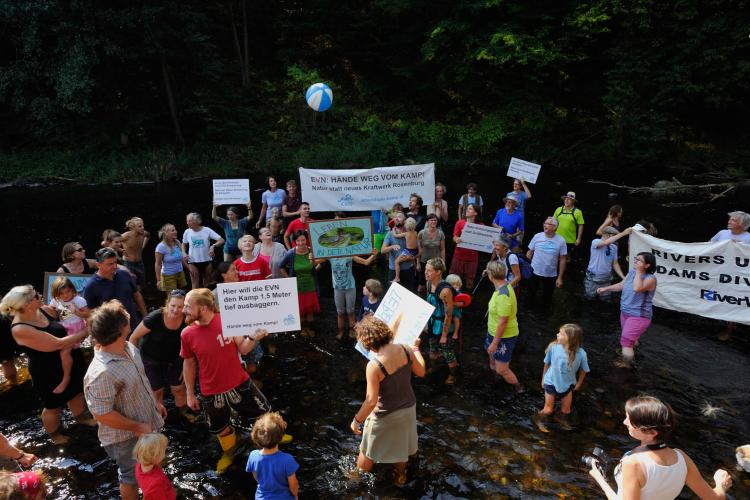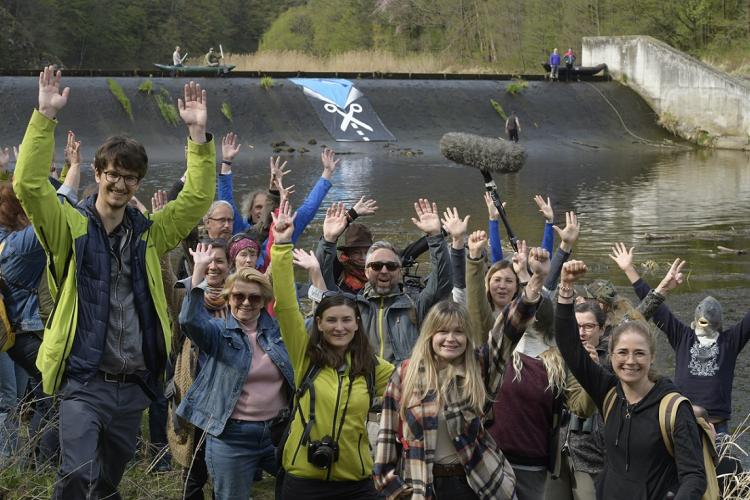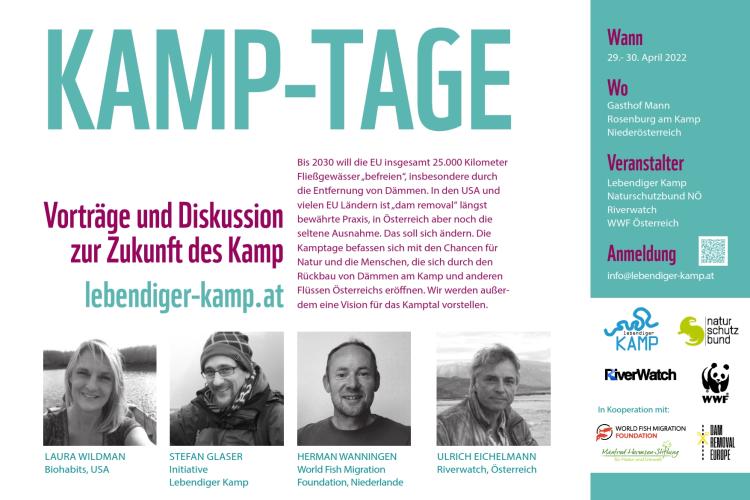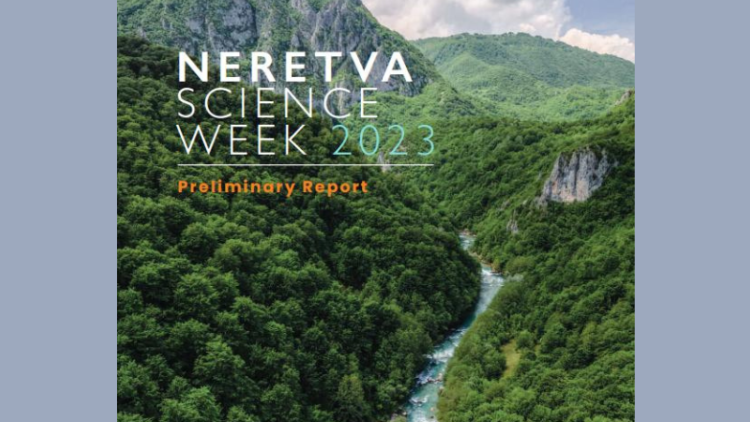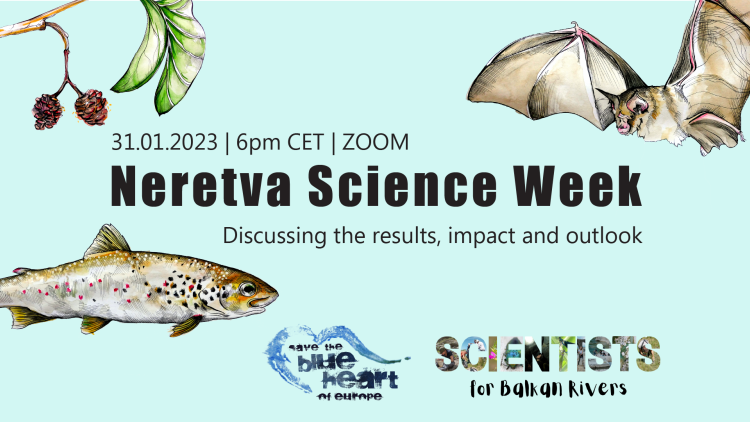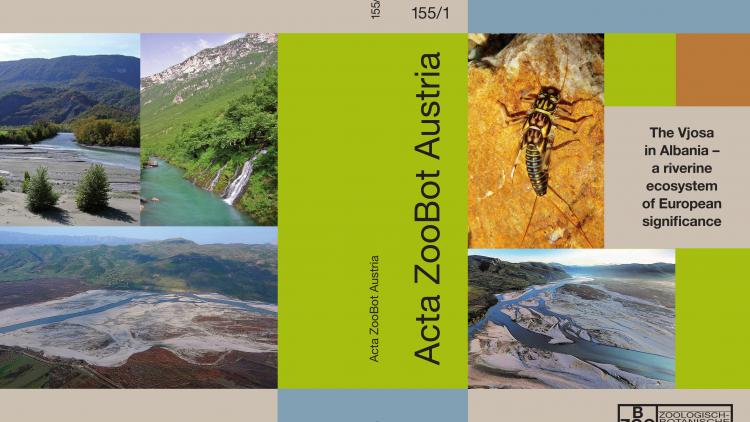Neretva Science Week 2023 took place from May 30th to June 7th. A diverse team of 62 scientists from 17 countries gathered in small town Ulog, to contribute to the conservation of the Neretva river system. Here, we gathered the preliminary results of Neretva Science Week 2023, covering 19 studies or fields of expertise. They reflect the enthusiasm of involved scientists as well as convey an impression of the extraordinary value of the Upper Neretva River and Valley.
Neretva Science Week 2023 took place from May 30th to June 7th. A diverse team of 70 scientists from 17 countries gathered in small town Ulog, to contribute to the conservation of the Neretva river system. They were accompanied by photographers, activists, and artists.
We invite you to join our next webinar on January 31st (6pm MET) to learn about the results of the 50 scientists that joined the Neretva Science Week in summer 2022 and how their science contributes to the protection of this highly intact river system. Please REGISTER HERE to join this webinar.
Late March and early April is the time of the Huchen. It is the period when this fascinating species spawns in gravel rich, free-flowing rivers. The Balkan rivers, like the Sava, Drina, Una, Sana, Kupa, are the last stronghold of this globally threatened species. However, the following photos were recently taken in the Mank, a small river in Austria by Erhard Kraus.
More than 60 scientists from Albania, Austria and Germany have collected their knowledge about the biodiversity and ecology of the Vjosa on 385 pages. The comprehensive study "The Vjosa in Albania - a riverine ecosystem of European significance", published in Acta ZooBot Austria, was presented by the lead scientists at Tirana International Hotel on December 6th.
++ 80,000 kilometers of rivers in the Balkans scientifically assessed ++ 76 percent thereof identified as no-go zones for hydropower development ++ Switch in energy policy is necessary and possible ++ Three quarters of the rivers in the Balkans are ecologically so valuable, that they should be completely off limits for hydropower development. This is the conclusion of the Eco-Masterplan, which was published today.

